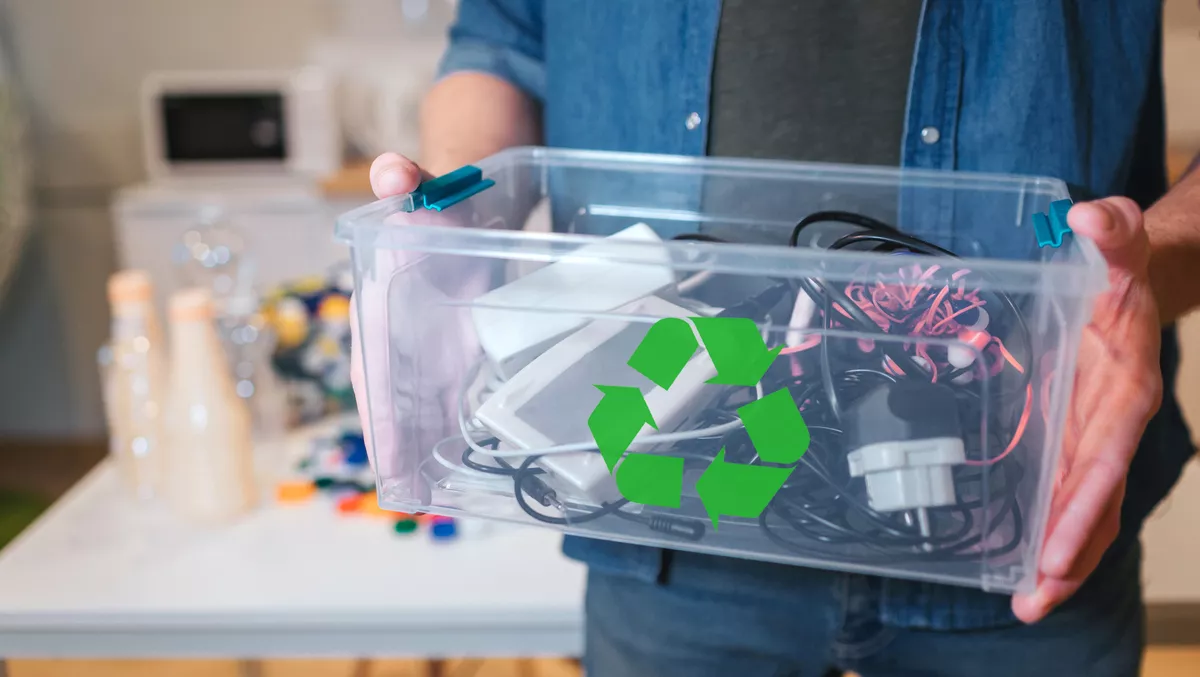
Quiz reveals awareness of the growing e-waste problem worldwide
People's perceptions of e-waste are changing, and almost all consumers are aware that e-waste poses a danger to human health, according to results from a global quiz.
Almost 2,000 people from 50 countries participated in the quiz ahead of International E-Waste Day on 14 October. IT sustainability organisation TCO Development created the quiz to understand what people think about e-waste.
It found that 95% of those who participated in the quiz understand that e-waste is a risk to human health. TCO Certified adds that e-waste contains hazardous substances that can leak into the natural environment, which in turn can affect human health if e-waste is not properly recycled.
However, 18% believe that e-waste is growing because people are finally starting to recycle. This, TCO Certified says, is not correct.
"In fact, the increased e-waste volumes is mainly fuelled by higher consumption rates of electronics, short life cycles, and few repair options," the company states.
People do, however, understand the global cost of e-waste, with almost half of respondents correctly stating that the estimated annual value of raw materials contained in e-waste amounts to EUR 55 billion (SGD $86.9 billion).
Further statistics from TCO Certified show that in 2019, the world generated 53.6 million metric tonnes of e-waste - that could reach 74 million tonnes by 2030.
TCO Development marketing and communication director Gabriella Mellstrand says, "Talking about e-waste is really important to help buyers take a more holistic approach to their electronic goods.
"The single most important thing you can do for the environment, both in terms of e-waste and reducing greenhouse gas emissions, is keeping IT products in use longer. For example, adding two years to a notebook's life can cut total emissions by up to 30 percent." Gabriella Mellstrand continues.
TCO Certified says that the way e-waste is being dealt with now is actually having a negative economic impact on the world. Electronic products actually have many valuable and scarce parts that can meet future product needs.
WEEE Forum director-general Pascal Leroy adds, "With International E-Waste Day we hope that more people will understand that it is important to reuse, repair, resell, or dispose of their used products responsibly.
International E-Waste Day aims to raise awareness about promoting the correct disposal of e-waste throughout the world. Last year, more than 112 organisations from 48 countries backed the initiative to encourage e-waste recycling.
"Be part of the solution. Keep your IT products in circulation for as long as possible by use, re-use, repair or reselling the product. If none of this is possible, make sure the product is responsibly recycled," concludes Mellstrand.

